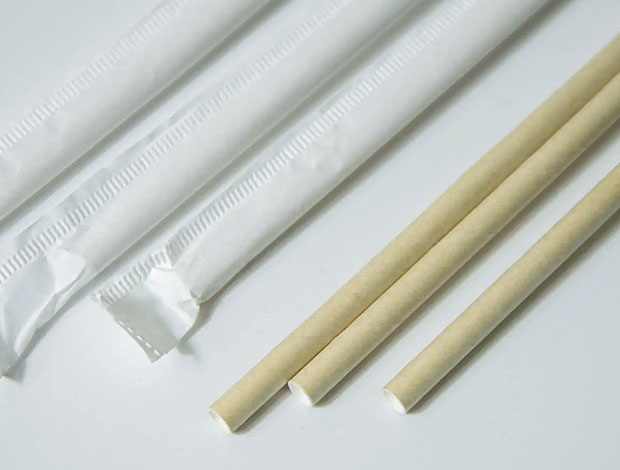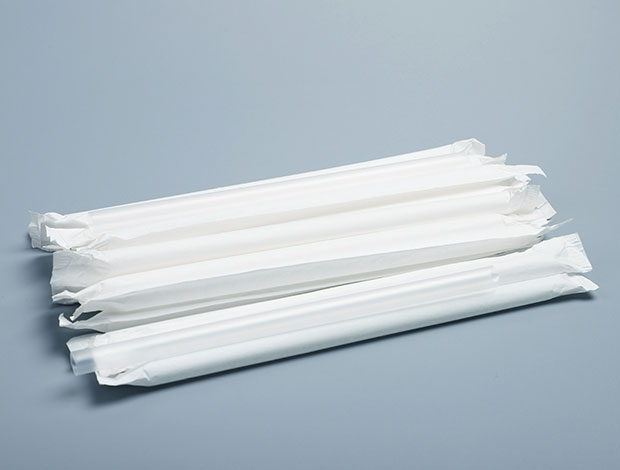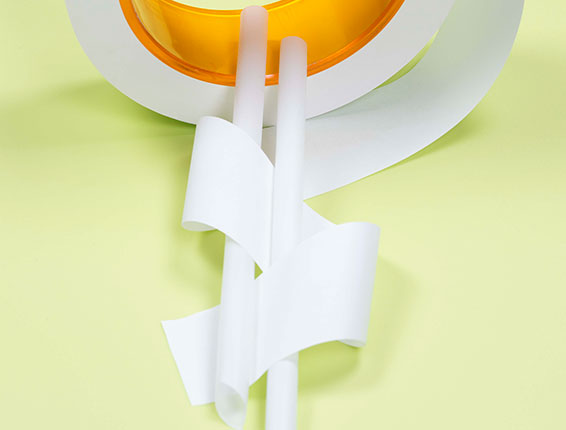▷ High Quality Disposable Drinking Straw Wrappers, Eco-Friendly Biodegradable Paper Straw for Drinking
▷ Used for Straw Packaging: Smooth and high-strength
▷ Excellent printability and runnability
▷ Food Packaging - Disposable straw wraps, cup sleeves
▷ Retail - Luxury product packaging, gift wrapping
▷ Industrial - Protective wrapping for delicate items
▷ Specialty - Wedding favors, artisan food wraps
▷ Eco-Friendly - Compostable bags, sustainable labels





The environmental impact of straw wrapping paper is significant.
By replacing traditional plastic wrappers that persist for 500+ years with paper alternatives decomposing within 3-6 months, this solution first tackles plastic one at its source while preventing microplastic contamination in marine and terrestrial ecosystems. The environmental advantages then extend upstream to production, where utilizing agricultural byproducts like wheat straw and rice husks not only reduces dependence on wood pulp and associated deforestation but also cuts carbon emissions by 70% compared to plastic manufacturing. As part of a circular economy model, these biodegradable materials complete their lifecycle by composting into soil nutrients or entering paper recycling streams where infrastructure permits, creating a closed-loop system that contrasts sharply with plastic's linear waste trajectory.
Importantly, the transition to plant-based packaging eliminates health risks by removing toxic plastic additives like BPA and PFAS, making the products safer for wildlife that might ingest them and humans throughout the product lifecycle. This cascading series of environmental benefits demonstrates how sustainable packaging choices can create positive impacts across ecosystems, climate systems, and public health dimensions.
We, manufacturers, play a crucial role in advancing sustainable straw packaging by adopting agricultural waste materials like straw and bagasse as alternatives to wood pulp, significantly reducing deforestation pressure. Innovation in water-based coatings, such as PLA, can effectively replace plastic films while maintaining functionality. By implementing renewable energy sources and closed-loop water systems in production, manufacturers can further minimize environmental impact. Obtaining credible certifications like compostable and FSC labels helps build consumer trust and ensures adherence to environmental standards.
Also, for customers who wield considerable influence through their purchasing choices and disposal habits, opting for certified biodegradable or compostable straw wrappers can send a clear market signal favoring sustainable products. Proper disposal through composting or recycling, where available, ensures these materials fulfill their environmental promise. Supporting eco-conscious brands reinforces positive industry trends while embracing reusable alternatives reduces overall single-use waste. These collective actions, though seemingly small, create substantial cumulative environmental benefits when adopted widely.
